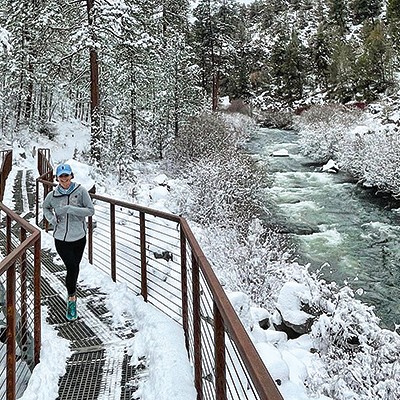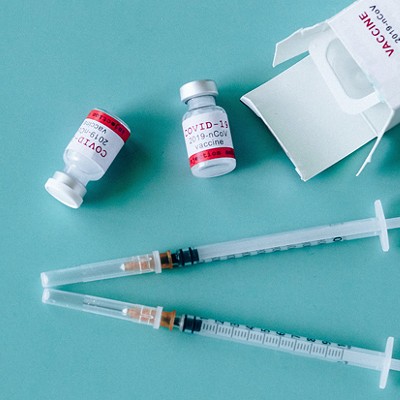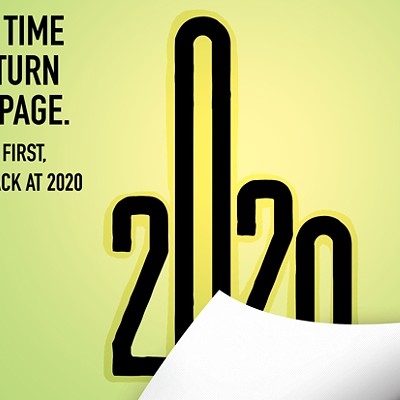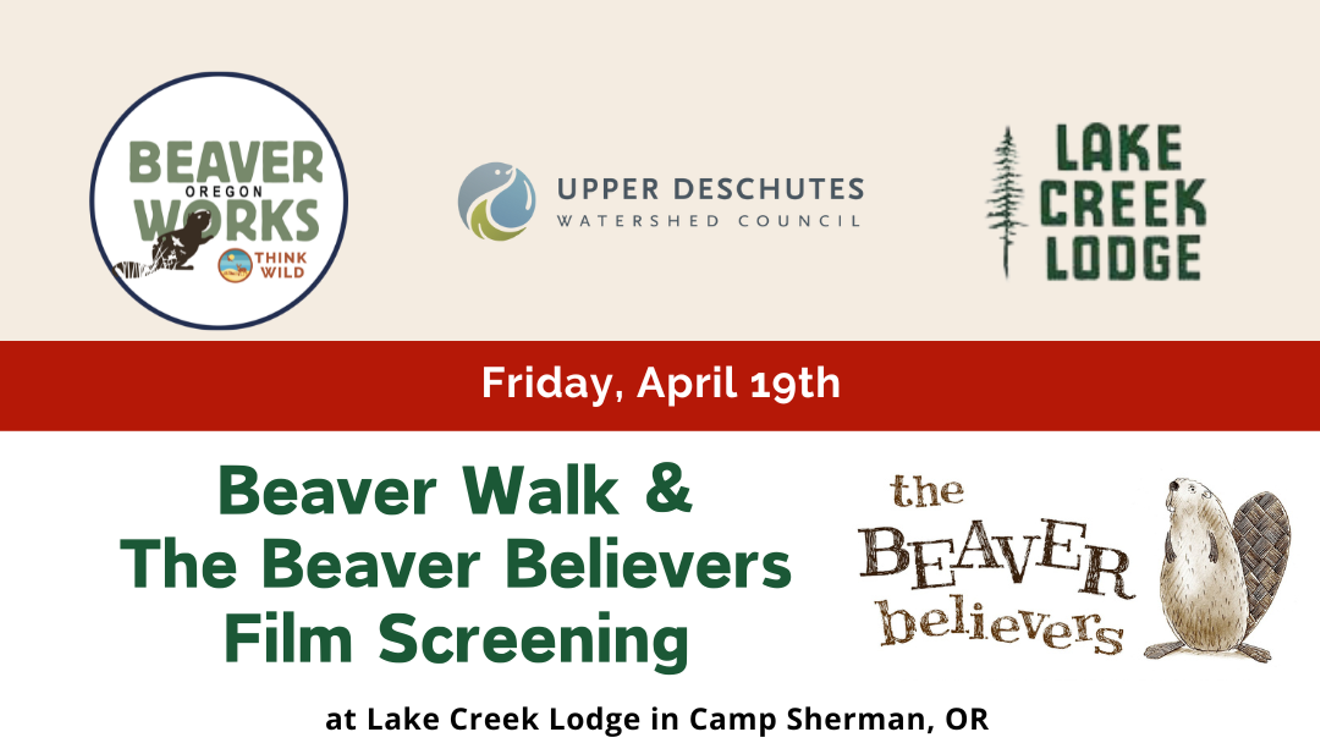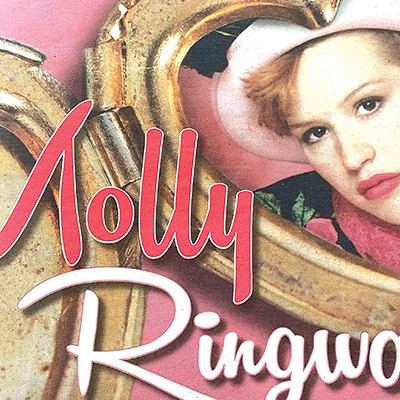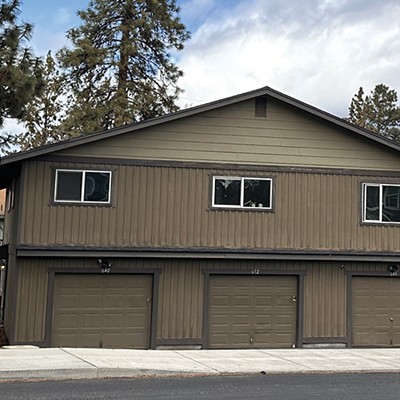Nearly 23 years ago, I was living and studying in Zimbabwe. A week after I arrived, there were two items on the radio: First, Mike Tyson had lost a title bout and, second, after 27 years, Nelson Mandela had been released from prison.
A week later, I met him.
He was visiting Harare, Zimbabwe—his first international trip since his release. His first stop was a soccer game at Rafuro Stadium, where, although capacity is something smaller than Auzten Stadium, an hour before Mandela's arrival, 150,000 people had packed onto the bleachers; others were clinging to chainlink fences surrounding the space.
I was one of the few white people in the crowd, and around my neck was carrying a Pentax 1000 camera with a telephoto lenses. We had managed to squirm a few feet back from the front row, but the crowd continued to swell and push hard at our backs, so much so that I had to lift my camera above my head so that it wasn't crushed.
At that very moment, a teenager on the soccer field, dressed in a pressed khaki military uniform with a machine gun hanging from a strap around his neck, leveled his stare at me.
"You," he ordered, grabbing me by the neck and yanking me from the crowd, "there." He pointed to four photographers huddled nearby, all clearly professionals.
A few minutes later, Mr. Mandela arrived, walking through the entry tunnel and onto the hard-trampled grass turf; he began a slow lap around the pitch, raising his hand and waving to the crowd.
For the next 10 minutes, I stood two feet in front of Mr. Mandela, walking backwards, snapping photographs. Two skinny men, also dressed in starched military suits, strode alongside and, with nearly every step, pushed against my chest with their guns—sometimes with the length of the gun, other times with the nuzzle. With each step, it seemed as if the crowd amped up its volume. Then, just before he completed his lap, Mr. Mandela stopped and turned directly to me.
It was an oddly calm moment. Two words tumbled out as I shook his hand: "Thank you."
Although I did not say anything more to Mr. Mandela that day, what I meant to say wasn't "thank you for shaking my hand," but "thank you for proving that love—or at least patience—conquers hate."
On Tuesday, at Mandela's services, President Obama bounded onto the stage at another soccer stadium near Johannesburg. As he strode toward the podium, he stopped and shook hands with Cuba's president, Raul Castro, the brother of the aging Fidel Castro. Although some travel and trade restrictions have loosened, the U.S. and Cuba still hold onto a 54-year diplomatic standoff that has outlived the Cold War that first framed its political tensions.
Republicans immediately seized the opportunity to pounce on Obama's handshake with Castro. Sen. John McCain went so far as to liken the action to shaking hands with Hitler.
The irony is, of course, clear: The handshake was at the remembrance for a man who embodied collaboration.
When Mandela was released from prison on Robben Island, it was done so after F.W. De Klerk took over as President of South Africa. Until that moment, De Klerk had not distinguished himself from other apartheid-era leaders in terms of racial segregation policies. But, in his first speech after assuming party leadership, he called for multi-racial voting and, soon after, lifted the ban on the African National Congress, Mandela's political party. In 1993, Mandela and De Klerk shared the Nobel Peace Prize.
On an even grander scale, that period of time was one when disputing world leaders looked for collaboration to resolve simmering conflicts. Only three months before Mandela's release from prison, the Berlin Wall was dramatically demolished, signaling an end to the Cold War. Yes, it was a brief moment in history—and soon after, the former Yugoslavia and Rwanda fell into some of the worst civil wars in history. Likewise, in national and local American politics, divisiveness only seems to be intensifying.
And, in these moments, handshakes are important.
Thank you, Mr. Mandela. A Glass Slipper to you and all the unifiers of the world.


